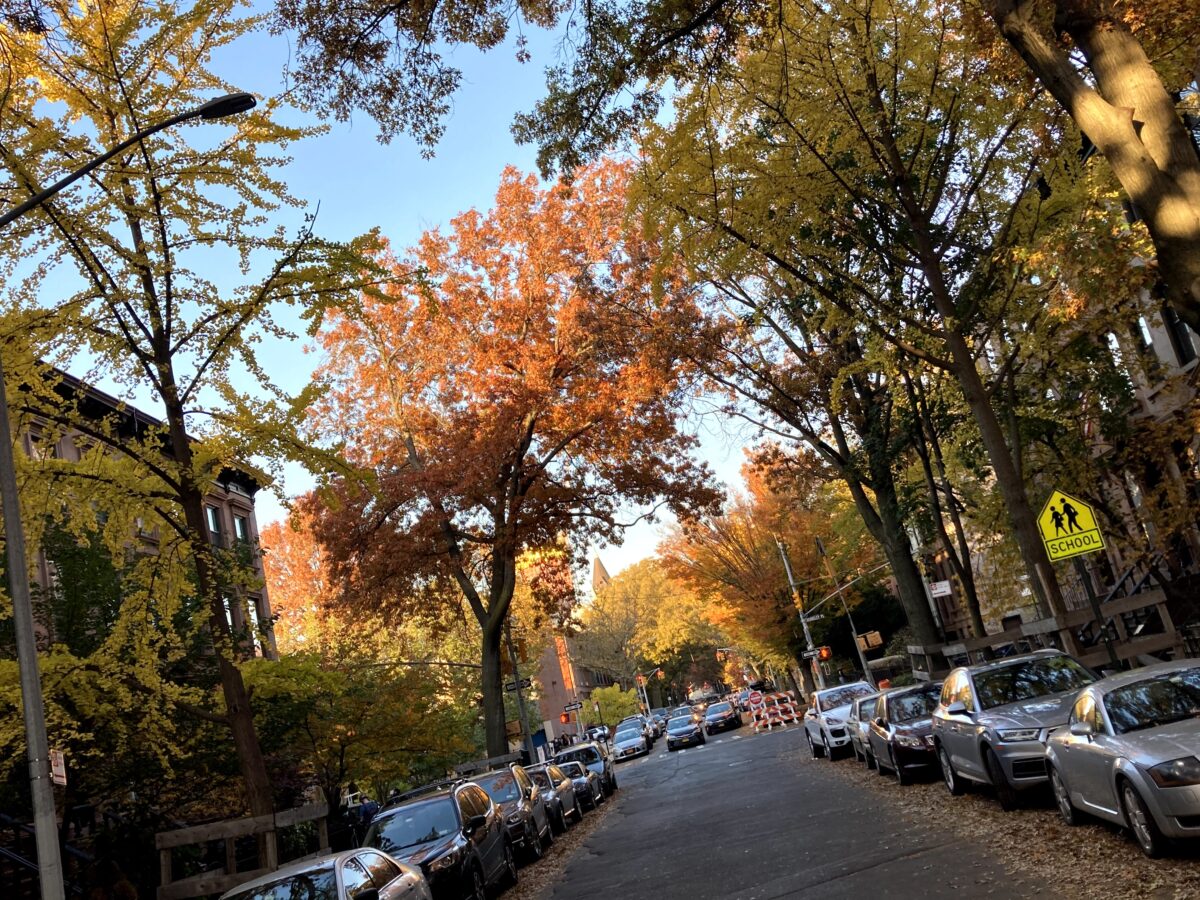January 9, 2025
All it takes is thinking about things regularly

I enjoy reading, watching, listening and experiencing a diversity of ideas.
Even ones I don’t agree with. Especially ones I don’t agree with.
And not only because the exposure to a diversity of thoughts, content, people and experiences is nourishing for me in the moment; but also because I trust it to serve me down the line.
When I flood myself with a torrent of things, I have faith that my unconscious mind will process and store them for eventual use. When I take notes on everything I see and feel and think, and save those notes in my inventory, I don’t feel pressured to filter everything for immediate relevance.
It’s there for me when I least expect it.
My mind is both richly primed for future endeavors.
Kahneman, the nobel prize winning psychologist, wrote that priming works because we are often unaware of the influence of a stimulus on our thoughts and behavior.
We have an associative memory that works unconsciously. The brain is an associative network, built to constantly evolve and rewire itself based on what it encounters. The more diverse your experiences are, the richer your brain’s connections will be.
And would you know it? All it takes is thinking about things regularly, and that store of unconsciously accumulated knowledge unlocks.
Question is, why don’t more people do this?
Could be lack of awareness. Maybe too much habitual thinking. Possibly fear of the unknown. Emotional overwhelm. Cultural norms. Lack of support. Time constraints. And so on. There’s no shortage of mental and social obstacles to the priming process.
My recommendation to make it a habit is, anytime you say to yourself, wow, I haven’t thought about that in forever, treat that as an invitation. That realization is an ideal entry point for learning and growth. Forgotten memories can reveal hidden aspects of your personality and past experiences.
Whether it’s an interaction you had with a coworker years ago, a lesson you learned from a book you read a while back, or something your elementary school teacher said that stuck with you, follow that thread.
Trap it on paper so you can examine it. Share it with someone you trust to get their take on it. Reflect on why that particular memory triggered at this particular moment. Maybe there’s something valuable there.
You know, for all our brain’s faults, like cognitive biases, false memories, optical illusions, emotional misattribution, and the like, it sure does come through a lot.
It’s not always dependable and accurate, but it certainly knows more than we do.
What haven’t you thought about in forever, and where might that lead you?

